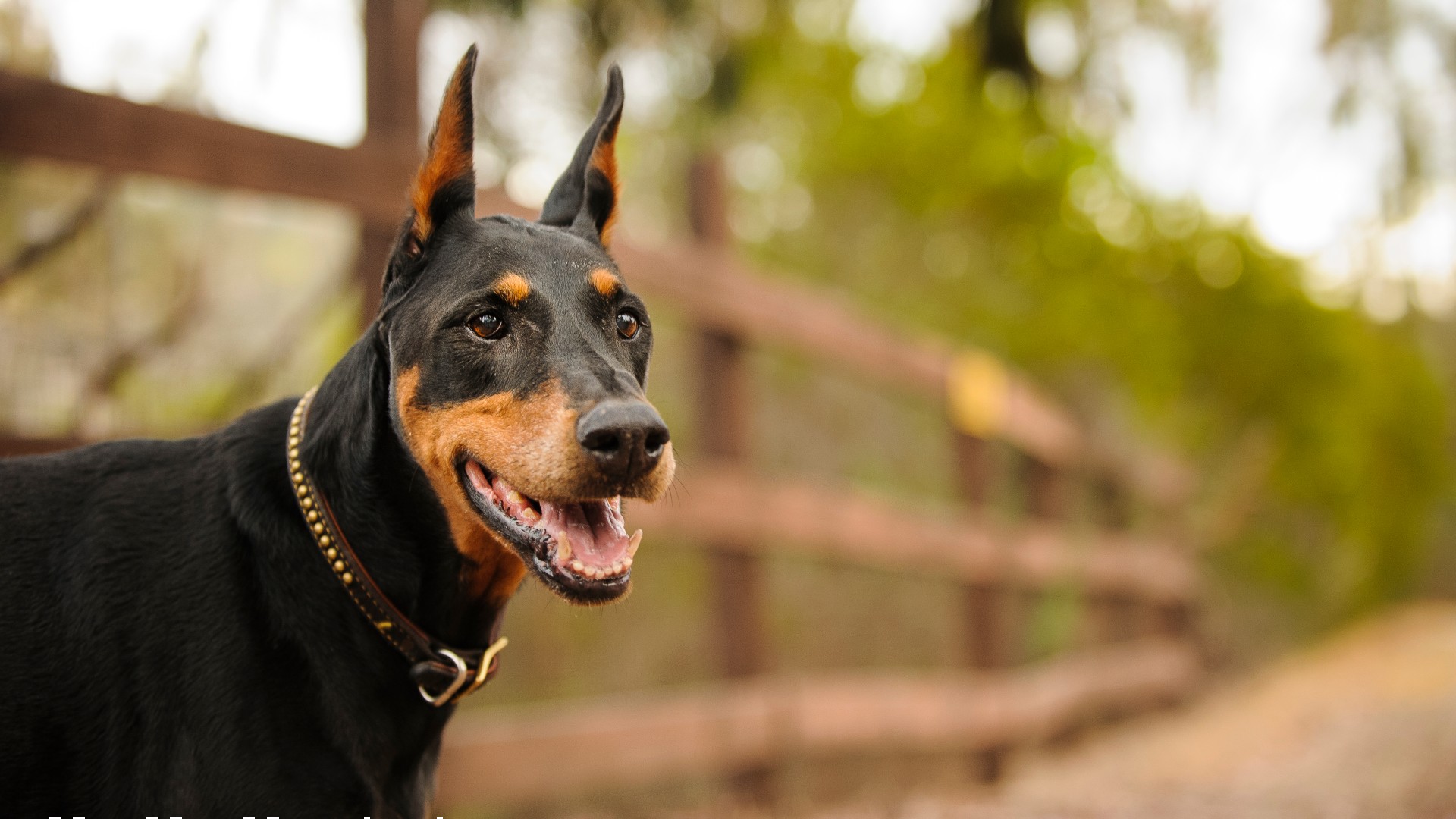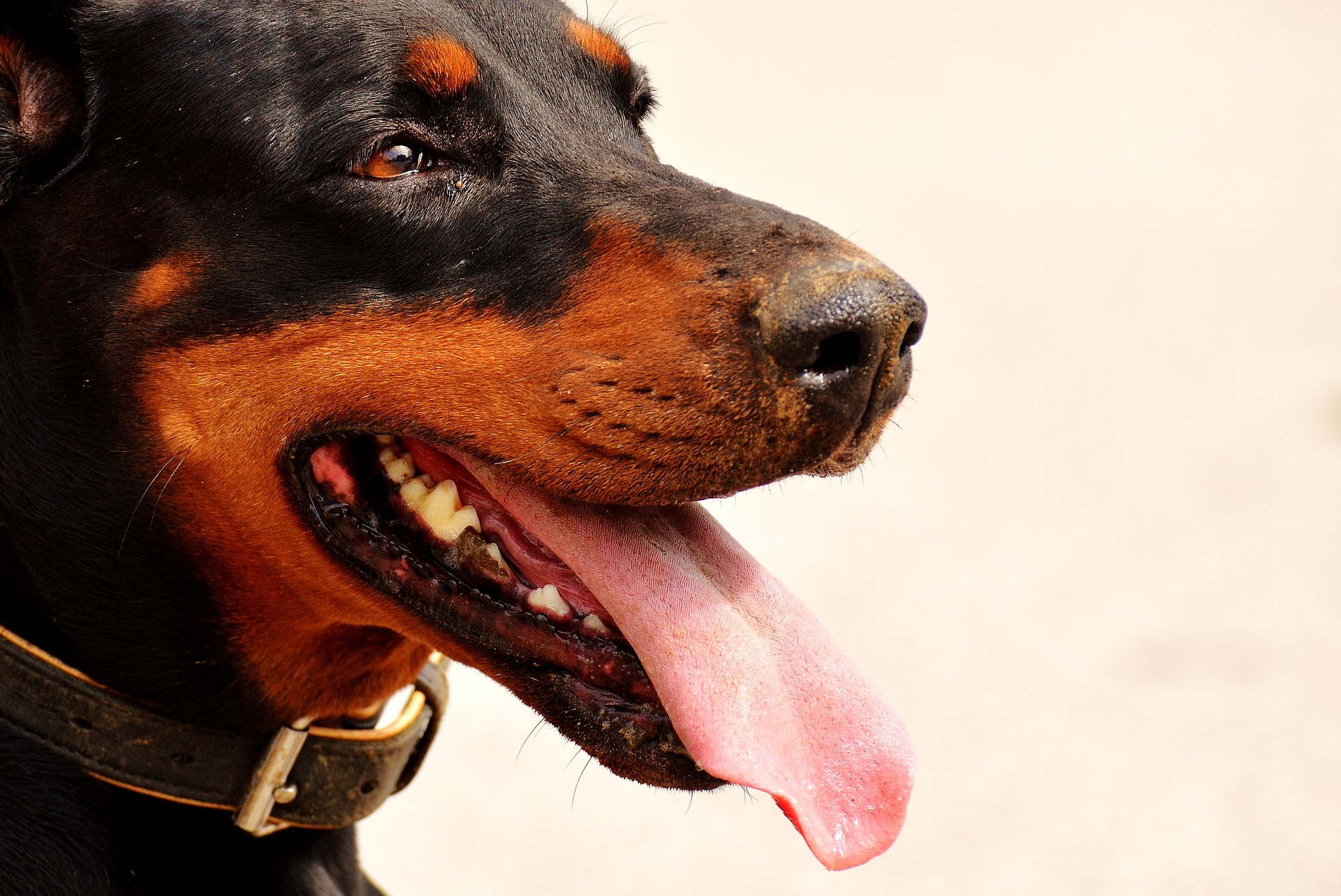The Complexities of Doberman Pinschers and Their Need for Exercise and Play
Doberman Pinschers, known for their sleek physiques, unwavering loyalty, and protective nature, are highly energetic and intelligent dogs that require a substantial amount of exercise and play to thrive.
This essay aims to critically examine the intricate relationship between Doberman Pinschers and their need for exercise and play by exploring the breed's physical and mental requirements, the impact of insufficient exercise, and the various forms of exercise and play that can fulfill their needs.
Physical and Mental Requirements
Doberman Pinschers are known for their athleticism, agility, and endurance. These traits stem from their historical roles as working dogs, often employed in police and military operations. As a result, they possess a high level of energy that needs to be channeled through regular exercise.
Exercise not only helps maintain Dobermans' physical fitness but also plays a vital role in their mental well-being. Physical activity releases endorphins, which have mood-boosting effects, reducing stress and anxiety in dogs.
Impact of Insufficient Exercise
When a Doberman Pinscher is not given the opportunity for adequate exercise, several negative consequences can arise.
Physically, insufficient exercise can lead to obesity, joint problems, and other health issues related to inactivity. Behaviorally, bored and pent-up energy can manifest as destructive chewing, excessive barking, and hyperactivity.
Mental health can also be affected as under-exercised Dobermans may become anxious, stressed, or even depressed.
Forms of Exercise and Play
Meeting a Doberman Pinscher's exercise needs requires a variety of activities that cater to both their physical and mental well-being.
Regular Walks and Runs: Daily walks and runs are essential for maintaining a Doberman's fitness level. Aim for at least 60 minutes of walking or 30 minutes of running per day.
Interactive Play: Engage your Doberman in interactive games such as fetch, tug-of-war, or hide-and-seek. These activities stimulate their minds and provide an outlet for their energy.
Agility and Obedience Training: Agility training requires dogs to navigate obstacles and perform commands, providing both physical and mental stimulation. Obedience training strengthens the bond between dog and owner while promoting cognitive development.
Dog Parks and Socialization: Dog parks offer opportunities for Dobermans to socialize with other dogs, which can be beneficial for their mental and emotional well-being.
Conclusion
Doberman Pinschers are highly active dogs that require a significant amount of exercise and play to stay healthy and happy. While the breed's needs can be demanding, providing adequate physical and mental stimulation is essential for their overall well-being.
It is crucial for owners to understand the complexities of this breed and to commit to meeting their exercise requirements through a combination of regular walks, interactive play, and training. By doing so, they can ensure that their Doberman Pinschers live long, fulfilling lives as happy and well-adjusted companions.
The Fascinating Appearance Of Yorkshire Terriers: Fun Facts
Rottweilers And Their Role As Service And Therapy Dogs
Why Poodles Are Great With Other Pets



